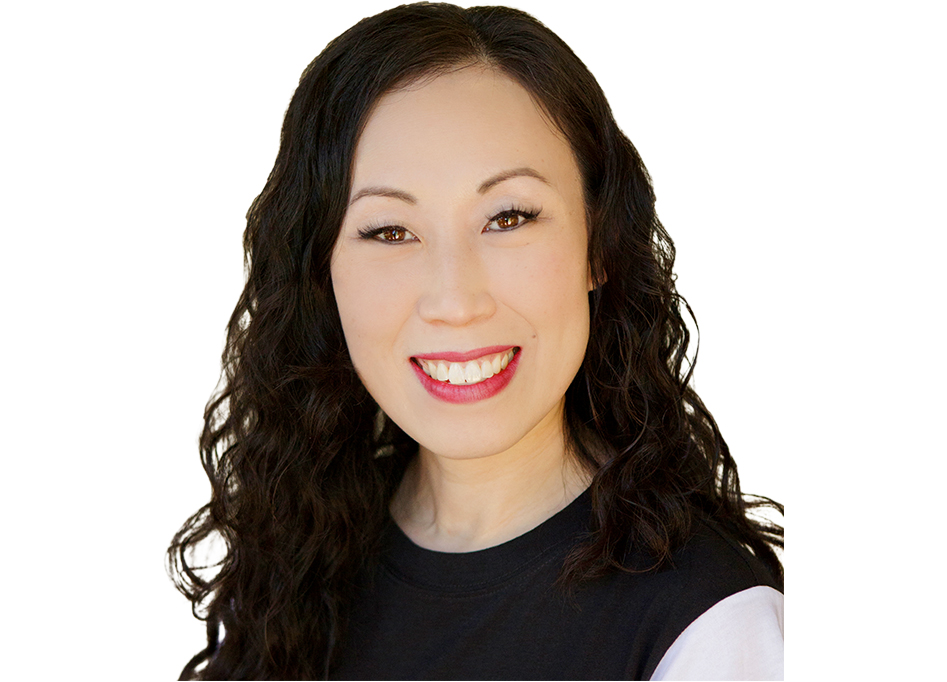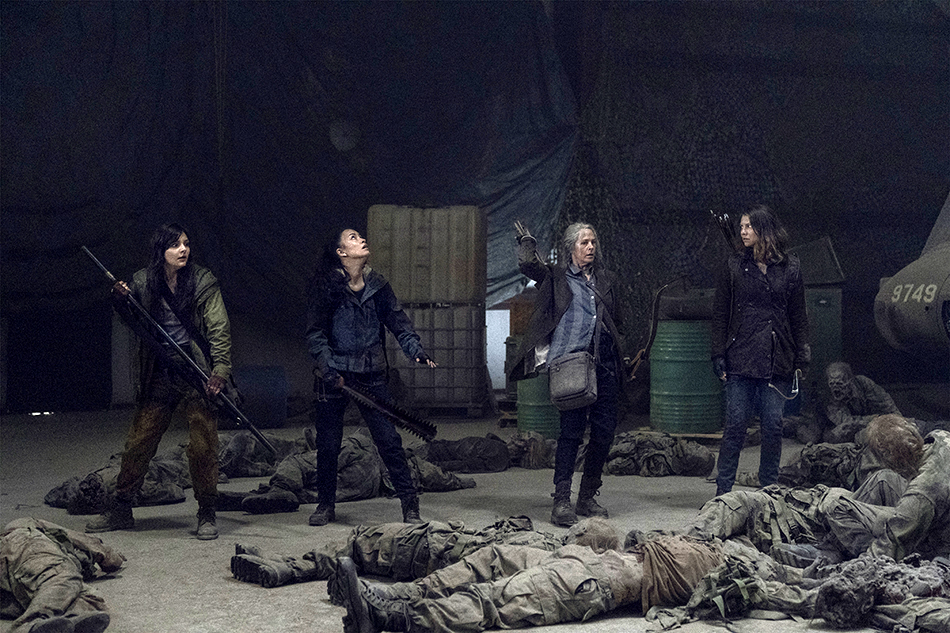Angela Kang, Showrunner/Executive Producer, AMC’s ‘The Walking Dead’
Eleventh and final season to start, but spinoffs will keep the franchise rolling

The smarter way to stay on top of broadcasting and cable industry. Sign up below
You are now subscribed
Your newsletter sign-up was successful
The Walking Dead begins its 11th and final season on Aug. 22 on AMC. Angela Kang joined in season two, and was named showrunner before season nine.
Season 11 will air in three eight-episode parts. Kang then shifts to an as-yet-untitled spinoff involving characters Daryl (Norman Reedus) and Carol (Melissa McBride).
The Walking Dead fans are eager to see what she comes up with. “For anything that is related to the show, there are a lot of people who care deeply about it being good,” Kang said. “That’s a great creative environment to be a part of, where everybody really is invested.”
Kang spoke with B+C/Multichannel News senior content producer, programming Michael Malone about the final season, and what has changed in television since she came on board The Walking Dead a decade before.
Shows on your DVR? A Black Lady Sketch Show
Favorite app? PictureThis
Favorite podcast? Slow Burn
Books on your nightstand? Exhalation by Ted Chiang, Grit by Angela Duckworth.
Recent memorable meal? I met executive producer Greg Nicotero at Pascal’s Bistro in Peachtree City (Ga.). I had lobster deviled eggs, fried chicken and mashed potatoes.
How did you know the time was right to end The Walking Dead? AMC felt it was time. I was really excited to get to tell this final story of the mothership show. There are many spinoffs in the works, so the franchise is really strong and continues to grow.
How have things changed for women in television across your time on the show? There’s much more awareness about room dynamics and the importance of having different voices in the room. It used to be really common to be the only woman in the room.
I’ve got an even split between men and women. That’s been the case the entire time I’ve been running the show. Even before that, there was a good ratio.
The smarter way to stay on top of broadcasting and cable industry. Sign up below
It’s been very heartening to see more awareness of this issue. But I do think there’s still room to improve.
What are some influences on the final season? Since we had great source material, that’s a major influence. Beyond that, weirdly, the No. 1 thing is probably history. We spend a lot of time talking about moments from world history. When people watch the season, they’ll understand why that is. We’ve been talking about the rise and fall of civilizations, movements for social justice. There were a lot of things in the pandemic that hit close to home — stories we were well down the road on that took on additional resonance for us.

At various times we talked about Alien and Aliens in terms of feel for certain episodes.
What’s your favorite Walking Dead moment? I co-wrote the season four finale with Scott Gimple. There are so many scenes in that episode that were such a pleasure to watch unfold. I really loved watching Norman Reedus and Andy Lincoln do this scene after Rick [Grimes] rips out the throat of a guy to save his son. The two of them have this quiet moment afterward where they’re talking about their own sense of guilt and giving each other validation as brothers by choice. It’s a really beautiful scene in terms of how those two played it and brought so much more depth than we could’ve hoped for.
What about the franchise keeps you invested? I love the zombies and the horror and the action — it’s just really fun. But what draws me in, what draws our audience in, at its core it’s a story about people who have banded together to survive. It’s about chosen families. There are so many themes we get to touch on that are endlessly interesting.
Michael Malone is content director at B+C and Multichannel News. He joined B+C in 2005 and has covered network programming, including entertainment, news and sports on broadcast, cable and streaming; and local broadcast television, including writing the "Local News Close-Up" market profiles. He also hosted the podcasts "Busted Pilot" and "Series Business." His journalism has also appeared in The New York Times, The L.A. Times, The Boston Globe and New York magazine.

